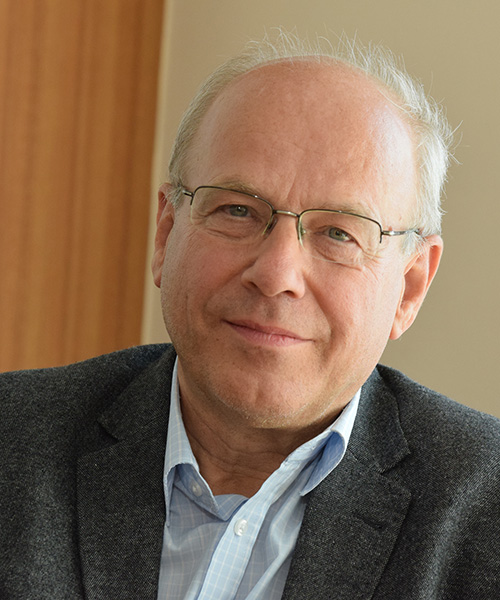Jesuit Father Klaus Mertes (69), who made public the abuse scandal in the Catholic Church in Germany 13 years ago, struggles to deal with the convicted perpetrators in his order and those who covered up their deeds.
Just as one’s brother always remains a member of the family, a convicted member of the order cannot simply be expelled from the community, Mertes said in Muelheim an der Ruhr. However, he said, there are perpetrators in his order who do not accept their guilt and feel they are victims of the investigation into sexual abuse. He could not live in the same city as them, he said. “I need 300 kilometres distance.”
Unrepentant offenders also have their supporters in the order, Mertes said. “The mythology of ‘I am a victim’ divides the community.” It takes great effort, he said, not to engage in the false poison of pity. “I distance myself from that,” the priest said during a discussion of the topic of “Living with abusers and those who engaged in cover ups.”
The Wuerzburg theologian Hildegund Keul called for artwork by abusers to be removed from religious sites. Those affected would be retraumatized if confronted with the works, she argued. As an example, she pointed to mosaic works in the French Marian pilgrimage site of Lourdes by Marko Rupnik, who has since been expelled from the Jesuit order. Several women accused Rupnik of sexually exploiting them by taking advantage of his authority as a clergyman.
For the vicar general of the Essen diocese, Klaus Pfeffer, there is no general answer to the question of whether or not abusers should be dismissed from the clergy. What is appropriate, he said, must be decided on a case-by-case basis. Dismissal from the clergy leads to a significantly lower level of care, he said. Conversely, the church would have to pay a large sum in arrears to the pension fund all at once. In addition, a bishop would then no longer have the option of imposing conditions on the offender.
*Originally reported by KNA Germany.



